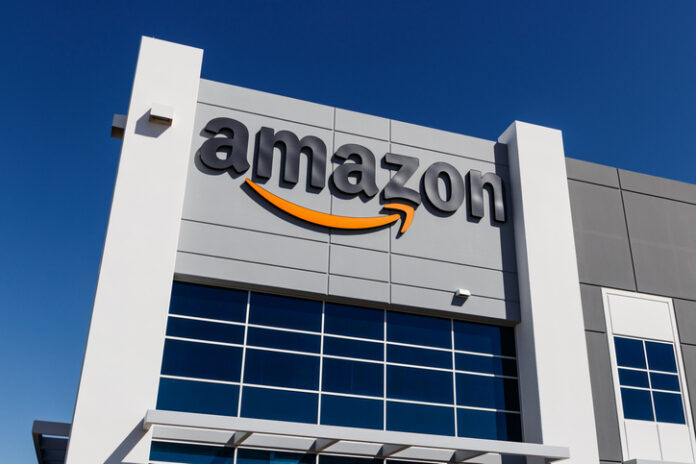Amazon sued by Federal Trade Commission and 17 state AGs for its market dominance, and could make your packages more expensive.
The U.S. Federal Trade Commission (FTC) and 17 states sued Amazon last week [September 26], accusing the $1.3 trillion tech giant, online retailer and digital marketplace of illegally using monopoly power to hurt competitors, consumers and sellers through various anti-competitive practices. This landmark lawsuit contends that Amazon’s tactics enable it to deter competitors and sellers from reducing prices, compromise the quality of goods, impose excessive charges on sellers, impede innovation and obstruct fair competition from rivals inside and outside its marketplace.
The lawsuit is the culmination of a saga that began in 2016. That year, current FTC Chair Lina Khan—then a law student—published a Yale Law Journal article accusing Amazon of predatory pricing and other tactics that lowered costs for consumers in the short term, but were designed ultimately to shut out challenges from rival sellers and marketplaces. (As others have noted, the article was based on spurious evidence.)
As in the FTC’s current lawsuit, Khan argued that depriving its competitors of the scale necessary to challenge its monopoly would allow Amazon to hurt the millions of customers who used its marketplace to shop and compare products. She contended that Amazon could raise prices and provide less than ideal service without the risk of losing customers to rival marketplaces or sellers, who were forced to deal with Amazon’s platform and shipping and logistics service under exploitative terms.
According to John Newman, deputy director of the FTC’s Bureau of Competition, the filing of this new lawsuit against Amazon has “the potential to do so much good for so many people.” Unfortunately, the exact opposite is likely to be the case.











